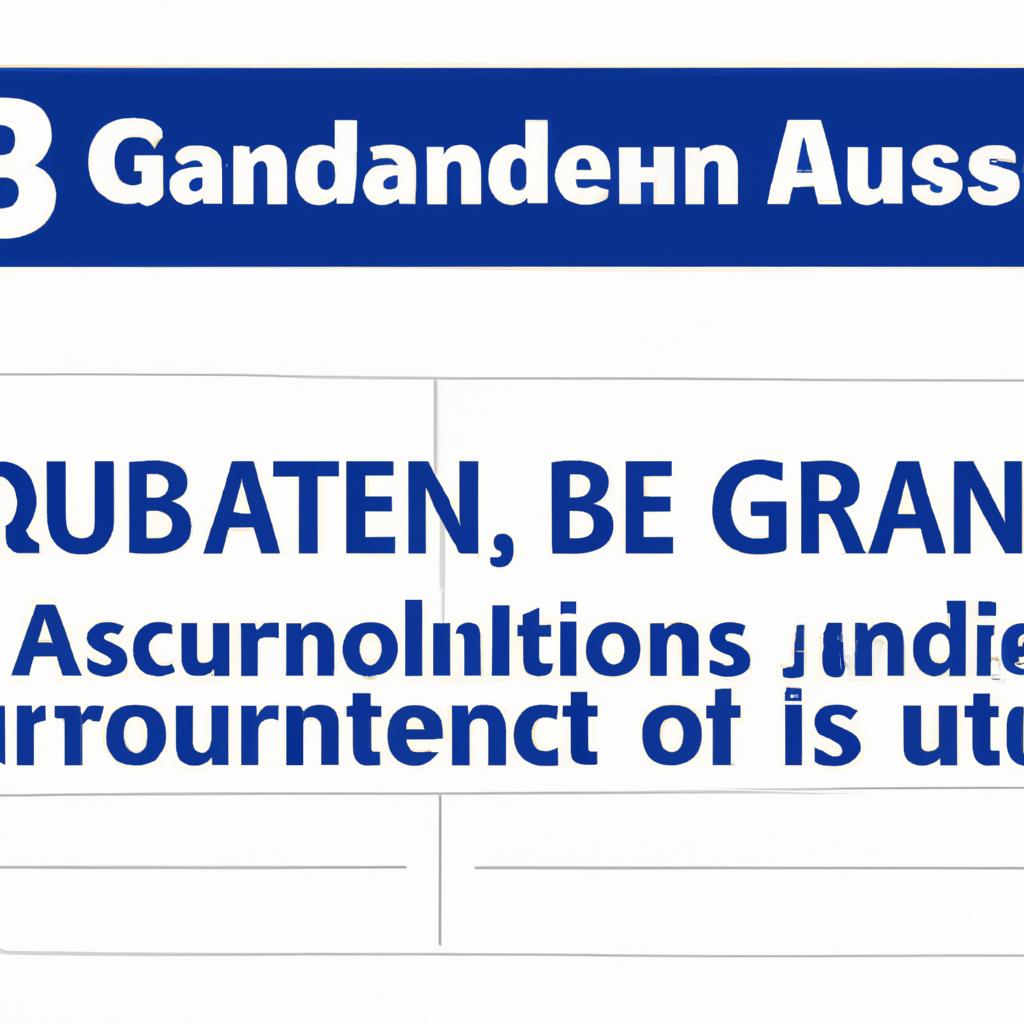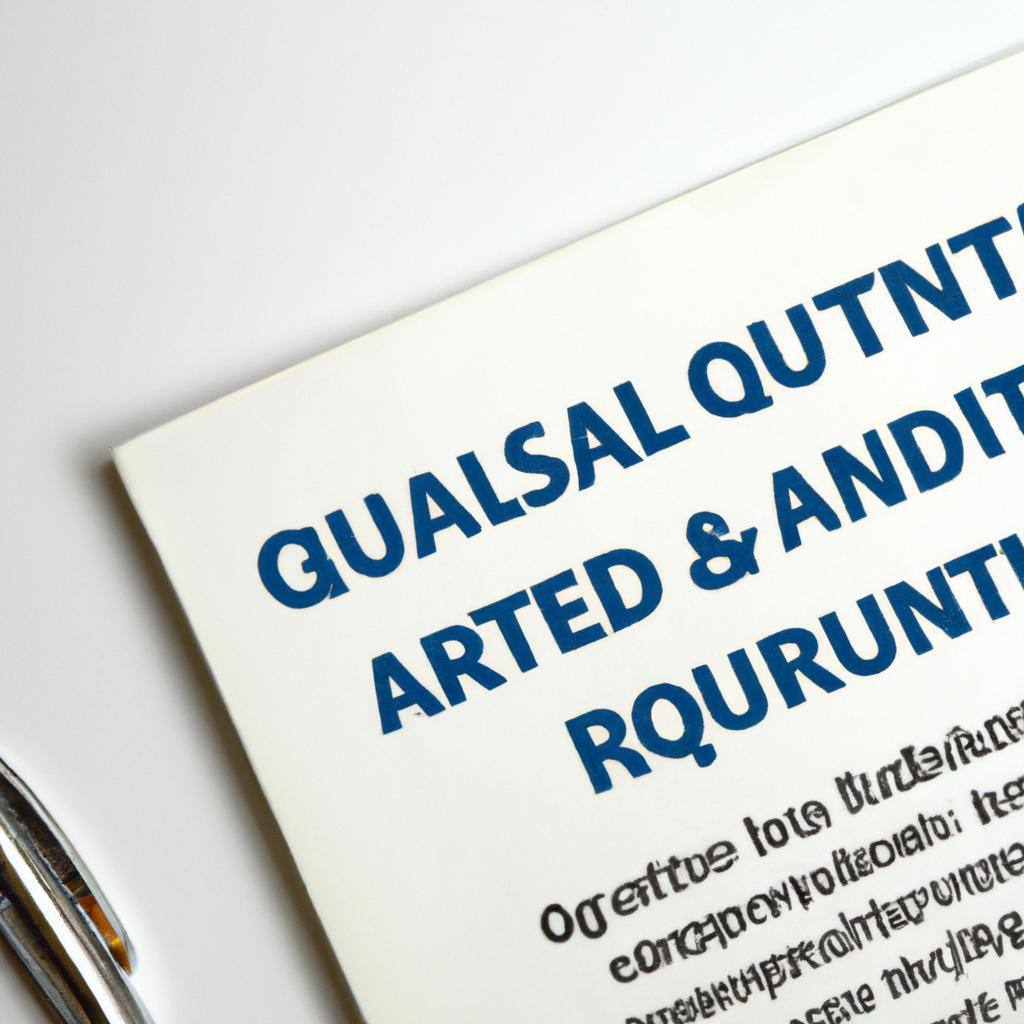Guardianship under Article 81 of the New York Mental Hygiene Law is a crucial legal tool designed to protect individuals who may lack the capacity to make important decisions on their own. As experienced practitioners at Morgan Legal Group in New York City, we understand the complexities and nuances of navigating the guardianship process. In this article, we will delve into the intricacies of Article 81 guardianship and provide insight into how it can be utilized to safeguard the interests of vulnerable individuals.
Understanding the Role and Responsibilities of an Article 81 Guardian
An Article 81 Guardian is appointed by the court to make decisions for an individual who is deemed incapacitated and unable to make decisions for themselves. As a guardian, you are entrusted with important responsibilities that are crucial to the well-being and protection of the person under your care.
- Assess the individual’s needs and make decisions based on their best interests.
- Manage the individual’s finances and assets to ensure their financial security.
- Make healthcare decisions on behalf of the individual.
- Keep accurate records of all decisions and actions taken as a guardian.
It is important to understand the legal implications of being an Article 81 Guardian and to fulfill your duties with diligence and care. By upholding your responsibilities, you are ensuring that the individual receives the necessary support and protection they require.

Key Considerations When Appointing a Guardian under Article 81
When appointing a guardian under Article 81, there are several key considerations that must be taken into account to ensure the well-being and best interests of the individual in need of a guardian. It is important to carefully assess the individual’s specific needs and limitations, as well as their preferences and wishes, in order to select a suitable guardian who can effectively advocate for them.
Additionally, it is crucial to consider the qualifications and capabilities of potential guardians, as well as their willingness and availability to take on the responsibilities of guardianship. It is also essential to establish clear communication and a solid working relationship between the guardian, the individual, and any other relevant parties involved in the guardianship process. By carefully considering these key factors, you can help ensure that the individual receives the support and care they need through the Article 81 guardianship process.

Navigating the Legal Process for Establishing Article 81 Guardianship
Establishing Article 81 guardianship can be a complex process that involves navigating the legal system to ensure the protection and well-being of vulnerable individuals. To begin the process, it is important to understand the steps involved and the requirements that must be met.
One key aspect of establishing Article 81 guardianship is determining the necessity of the guardianship and the specific powers that need to be granted. This involves gathering evidence and documentation to support the need for guardianship and presenting it to the court. Additionally, it is essential to comply with all legal procedures and requirements to ensure a smooth and successful guardianship petition.

Best Practices for Developing a Comprehensive Guardianship Plan
When developing a comprehensive guardianship plan under Article 81, it is imperative to adhere to the best practices to ensure the protection and welfare of the incapacitated individual. One key practice is to conduct a thorough assessment of the individual’s needs and capabilities, taking into account their medical, financial, and personal circumstances. This assessment will inform the selection of a suitable guardian who is capable of fulfilling the responsibilities outlined in the plan.
Another important practice is to establish clear communication channels between the guardian, the incapacitated individual, and relevant stakeholders such as healthcare providers, financial institutions, and legal representatives. This ensures that everyone involved is informed and engaged in decision-making processes that impact the individual’s well-being. Additionally, regular reviews and updates to the guardianship plan should be conducted to reflect any changes in the individual’s circumstances or needs.
Q&A
Q: What is Article 81 Guardianship?
A: Article 81 Guardianship is a legal tool in New York State that allows for the appointment of a guardian to make decisions for individuals who are deemed incapacitated.
Q: Who can petition for Article 81 Guardianship?
A: Any interested party, such as a family member, friend, or healthcare provider, can petition for Article 81 Guardianship on behalf of an incapacitated individual.
Q: What criteria must be met for someone to be deemed incapacitated under Article 81 Guardianship?
A: The individual must be determined by a court to lack the capacity to make decisions for themselves in at least one area of their life, such as health care or finances.
Q: What powers does a guardian have under Article 81 Guardianship?
A: A guardian may have the power to make decisions related to the incapacitated individual’s personal needs, financial affairs, healthcare, and residential placement.
Q: How is an Article 81 Guardianship case typically handled in court?
A: An Article 81 Guardianship case is typically heard in a special court called the Mental Hygiene Court, where the judge will review evidence and determine whether a guardian should be appointed.
Q: What are the responsibilities of a guardian under Article 81 Guardianship?
A: A guardian is responsible for acting in the best interests of the incapacitated individual, making decisions on their behalf, and ensuring their well-being and safety.
Q: Can an Article 81 Guardianship be terminated?
A: Yes, an Article 81 Guardianship can be terminated if the incapacitated individual regains capacity or if the court determines that the guardianship is no longer necessary.
Final Thoughts
In conclusion, Article 81 Guardianship provides a comprehensive framework for safeguarding the well-being and interests of individuals who may not have the capacity to make decisions for themselves. By appointing a guardian to act on their behalf, these vulnerable individuals can receive the necessary support and protection to navigate life’s challenges. While the process may seem complex, understanding the guidelines outlined in Article 81 can help ensure that the rights and dignity of all individuals are upheld. So let us continue to uphold the principles of guardianship with compassion and empathy, ensuring that everyone is given the opportunity to live a fulfilling and supported life.

